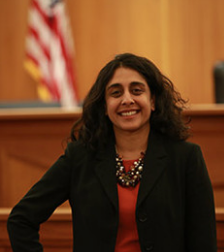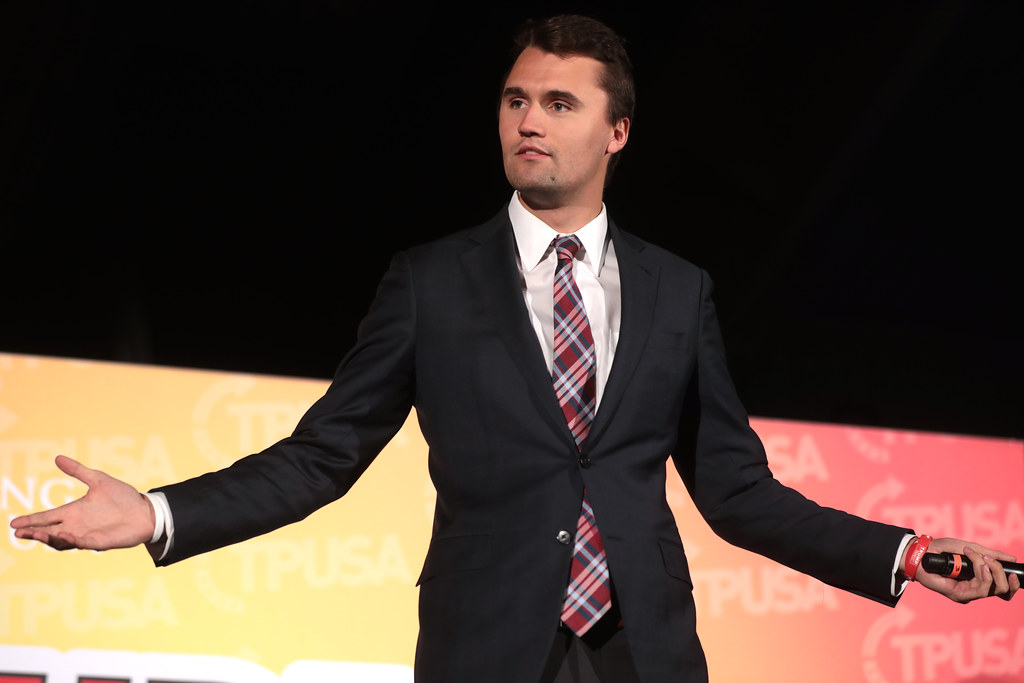
Clinical Law Professor Ragini Shah spoke to prospective law students and practicing lawyers last Thursday, focusing on immigration policy during President Donald Trump’s administration.
The evening was dedicated to discussing the problems immigration lawyers have dealt with since Trump’s inauguration.
Shah described how the burgeoning pressure placed on lawyers to challenge the policies that the administration has been trying to enforce has created a confusing environment.
“We’re operating in a paradigm where I don’t know what’s going to happen,” said Shah.
Since the beginning of his campaign, Trump’s decision to make immigration the cornerstone of his political platform has sparked heated conversation and attention. Trump’s recent policy changes regarding immigration have also recreated a similar sense of contention amongst people.
One of the first methods attempted by Trump was a travel ban that he put into place on Jan. 24, 2017, in which he prohibited the entry of people coming in from predominantly Muslim countries such as Syria and Iraq. This ban was heavily contested by many, and as a result was blocked by judges in several states, such as New York and Massachusetts. There was also the federal decision to rescind the Deferred Action for Childhood Arrivals (DACA) program, which was made on Sept. 5, 2017.
These orders have caused an anxious frenzy among immigrants, according to Shah. Trump’s ever-changing policies have caused quite a conundrum for immigration lawyers and defendants. Shah explained how lawyers already have enough difficulty trying to solve their cases under the laws currently in place, so an unpredictable federal administration only makes the task all the more challenging.
“One long term effect [of Trump’s new policies] is, I think, the overarching message from the administration that chaos is good,” said Shah.
One of the attendees was Suffolk alumnae Paula Bunszell and she expressed her budding interest in law, and how the recent presidential administration has affected her personally.
“It’s [Trump’s policy changes causing a lot of division with people. The effects are particular in marginalized groups, but people can have connections to those groups,” said Bunszell. “It’s driven me to become more involved.”
Bunszell spoke about how she has begun participating at the Catholic Charities of Boston. The organization sets out to provide support, resources, and other social services, to needy communities around Massachusetts. Particularly, Bunszell participates in a program in which she, along with others, assist immigrants to find jobs, and adapt to American life overall.
In the end, Shah emphasized how the most important way to help those affected by Trump’s recent policy changes is to get involved in efforts that combat these changes as soon as possible.
“I think it’s about picking an area where you fit best in,” said Shah.
Aside from teaching immigration law, Shah assists at the law clinic at Suffolk. The clinic, offered as an elective during the students last two years at law school, typically has a focus on detained defendants, and unaccompanied minors. As opposed to representing the defendants herself, a student acts as the main attorney, and Shah’s task is to supervise, as well as remind students of any resources they may need for their cases.


















